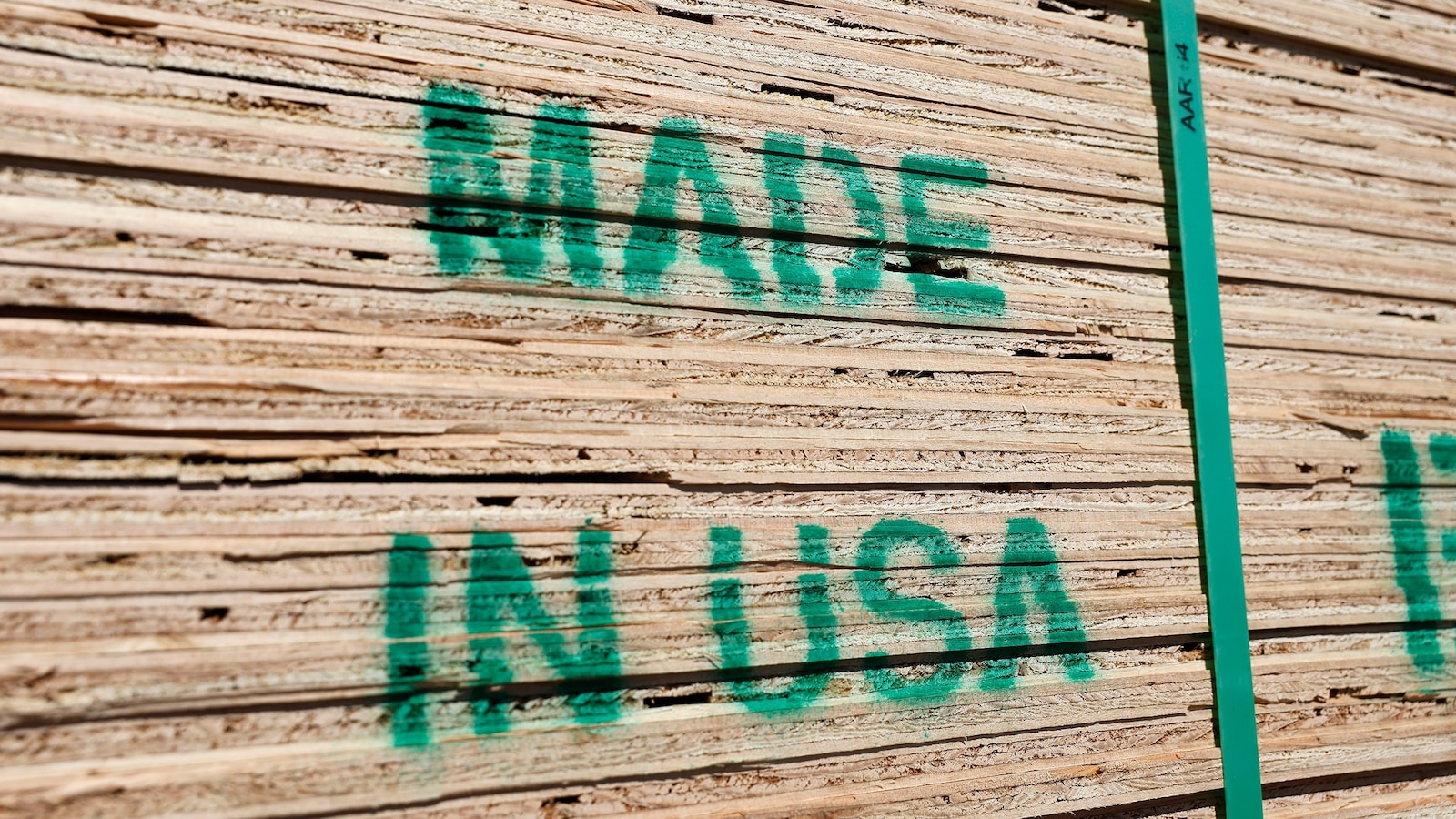Trump Tariffs: Recession Risk & Economic Impact – A Comprehensive Analysis
The Trump administration's imposition of tariffs on various imported goods sparked intense debate about their potential economic consequences. While proponents argued that tariffs would protect American industries and jobs, critics warned of the risks of trade wars, inflation, and even recession. This article delves into the complex economic impact of these tariffs, examining both the intended benefits and the unintended repercussions.
The Rationale Behind the Tariffs:
The core justification for the Trump tariffs rested on the principle of protectionism. The administration aimed to:
- Level the playing field: Address what it perceived as unfair trade practices by other countries, particularly China. This included accusations of intellectual property theft and subsidized industries.
- Boost domestic manufacturing: Encourage the growth of American industries by making imported goods more expensive, thereby increasing the competitiveness of domestically produced alternatives.
- Reduce the trade deficit: Narrow the gap between the value of US imports and exports.
The Economic Impact – A Mixed Bag:
The economic impact of the Trump tariffs was far from uniform and remains a subject of ongoing scholarly debate. While some sectors experienced short-term gains, others faced significant hardship.
Negative Impacts:
- Increased prices for consumers: Tariffs directly increased the cost of imported goods, leading to higher prices for consumers on a range of products, from steel and aluminum to consumer electronics. This contributed to inflationary pressures.
- Retaliatory tariffs: Other countries responded with their own tariffs on US goods, triggering a trade war that disrupted global supply chains and harmed American exporters. The agricultural sector, in particular, suffered from retaliatory tariffs imposed by China.
- Reduced economic growth: The uncertainty and disruption caused by the trade war likely contributed to a slowdown in global and US economic growth. Some economists argue the tariffs contributed to a decreased GDP growth rate.
- Job losses in some sectors: While the tariffs aimed to protect jobs in certain industries, they also led to job losses in other sectors reliant on imports or exports. The ripple effect across the economy proved significant.
Positive Impacts (Debated):
- Short-term boost to some industries: Some domestic industries, such as steel and aluminum, experienced a temporary increase in demand due to the higher cost of imports. However, this benefit was often short-lived and came at the cost of increased prices for other sectors.
- Negotiating leverage: The administration argued that the tariffs provided leverage in trade negotiations with other countries. While some trade deals were renegotiated, the overall success of this strategy remains contentious.
Recession Risk:
The tariffs undeniably increased the risk of recession. The disruptions to global trade, increased inflation, and uncertainty surrounding future trade policies all contributed to a more fragile economic environment. The impact was amplified by other economic factors, making it difficult to isolate the precise effect of tariffs.
Conclusion:
The economic consequences of the Trump tariffs are complex and multifaceted. While the intention was to bolster American industries and reduce trade imbalances, the resulting trade war and increased prices for consumers had significant negative consequences. The debate continues over the net effect, with economists presenting varying conclusions based on their methodological approaches and underlying assumptions. A comprehensive analysis necessitates considering both the intended and unintended consequences, and acknowledging the significant uncertainties involved in predicting the long-term economic impacts of such significant trade policy shifts.
Further Research:
For more in-depth analysis, readers are encouraged to consult research papers from reputable economic institutions such as the Peterson Institute for International Economics and the Congressional Budget Office. Searching for terms like "Trump tariffs economic impact" or "trade war recession risk" will yield numerous relevant studies.
Disclaimer: This article provides an overview of a complex topic. It is not intended as financial or economic advice. Consult with a qualified professional for personalized guidance.

